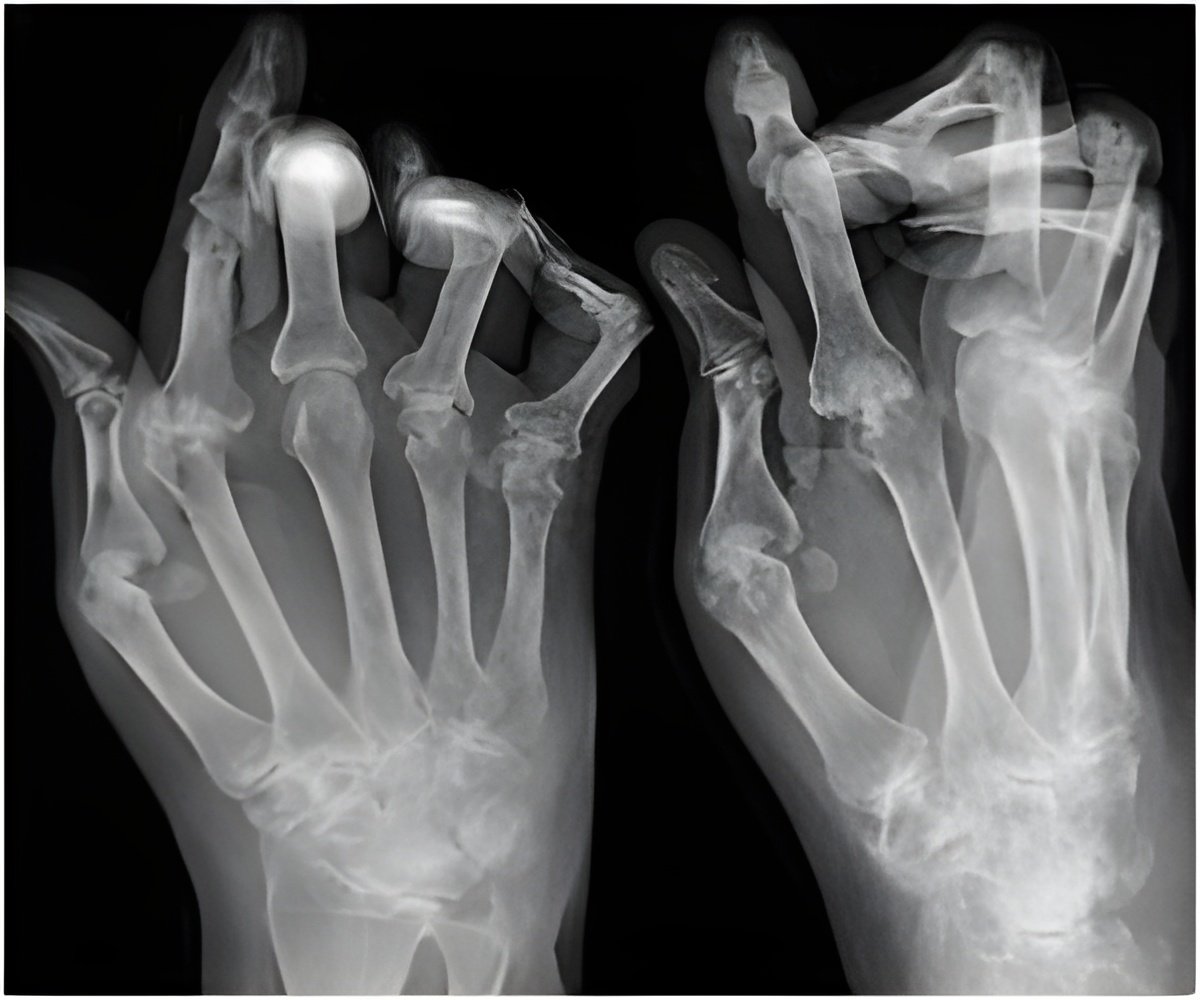
Rheumatoid arthritis is a chronic disease that causes pain, stiffness, swelling, limitation of motion and loss of function of multiple joints. Though joints are the principal areas affected by RA, inflammation can develop in other organs as well. An estimated 1.3 million Americans have RA, and the disease typically affects women twice as often as men. "Our study shows that critical RA therapies are not reaching everyone. Older and poorer patients are particularly vulnerable, and patients who do not see a rheumatologist are the least likely to receive appropriate treatment for RA. The study highlights the urgent need to facilitate and improve access to rheumatologists," says Jinoos Yazdany, MD, MPH, co-investigator of the study and assistant professor in residence and at the University of California, San Francisco in Calif.
Many studies have suggested that treating rheumatoid arthritis with disease-modifying anti-rheumatic drugs (also called DMARDs) is effective at controlling disease progression. However, additional studies reveal that only 60 percent of Medicare patients with RA receive DMARDs. Researchers from the University of California, San Francisco, recently investigated the total number of Medicare patients with RA and if these patients received steroids alone to treat the disease. However, most experts do not use steroids alone without DMARDs to treat RA. This is because modern DMARD medications are more effective at controlling RA symptoms and may help patients achieve remission faster.
Researchers reviewed a random sample of patients who were eligible to receive government health insurance from the U.S. Medicare fee-for-service program. Participants were at least 65 years-old with two reports of physician visits to treat RA. Participants were also enrolled in the government prescription program, Medicare Part D, and received either a DMARD or glucocorticoids annually. Researchers examined factors that contributed to continued use of glucocorticoids as the only therapy to treat RA such as income, access to specialty care and additional medical conditions.
Of the 8,062 participants, 10 percent were identified as receiving only steroids to treat RA. In adjusted analyses, steroids as the only treatment was higher among those with advanced age (18 percent among those at least 85 years-old compared to 11 percent in those between the ages of 74-79 years-old), and among low-income beneficiaries (12 percent versus 10 percent in those with higher incomes).
Additionally, having a rheumatologist prescribe one or more medications was associated with significantly lower rates of steroid only use (7 percent versus 16 percent). Inpatient admissions such as hospital visits were also strongly associated with steroid use as the only therapy. Nationally, the results were consistent with marginally higher rates of steroid only use in the Middle Atlantic region (13 percent) compared to the Pacific region (8 percent).
The study highlights that many Medicare patients who would benefit from DMARDs are not receiving them. Low- income patients and those who do not see rheumatologists are particularly vulnerable.
Advertisement
Source-Newswise













